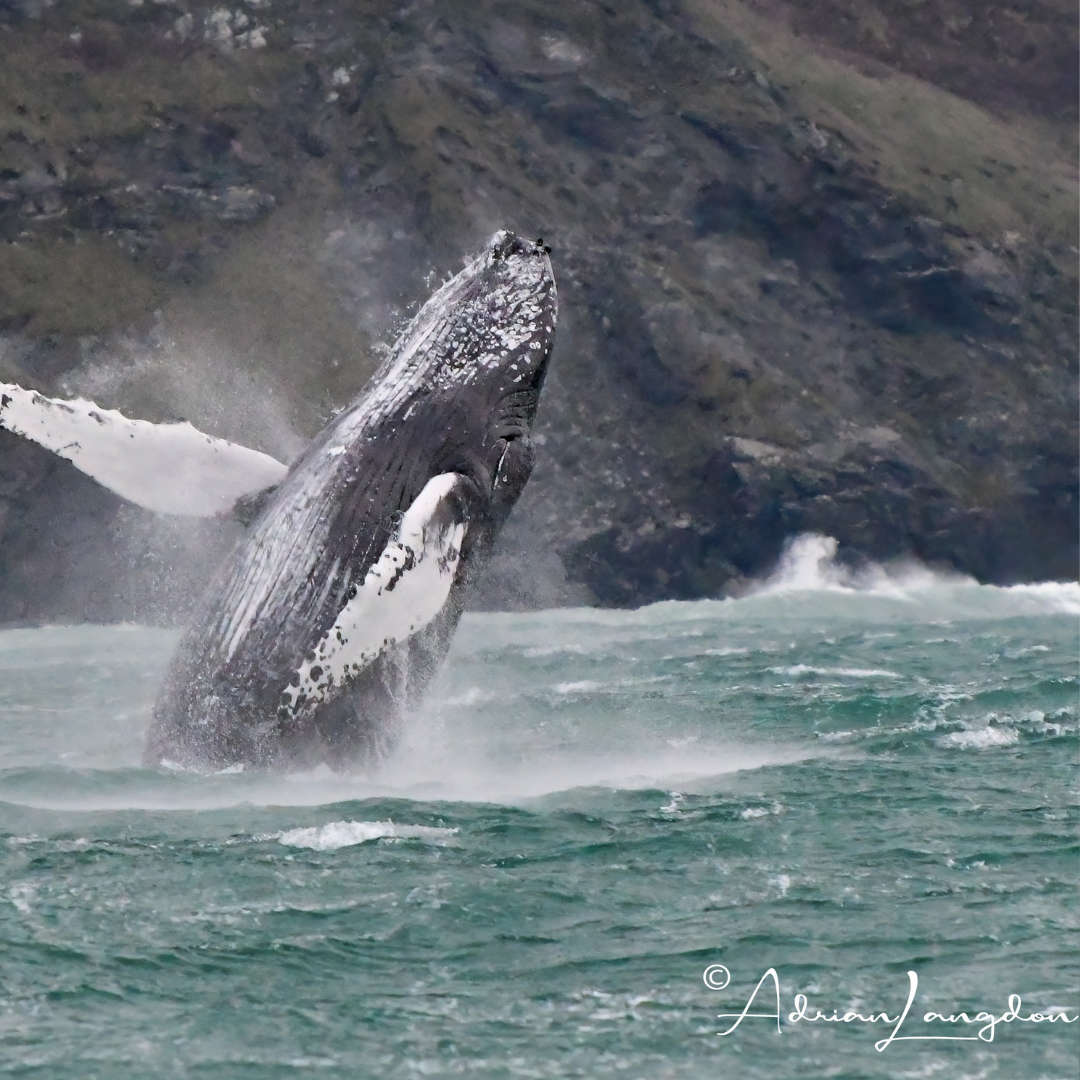
Devon and Cornwall Police have launched a campaign aimed at tackling and reducing incidents of wildlife disturbance. Campaigners warn the increasing popularity of coastal visits means it's a growing problem.
It follows sightings of humpback whales off the coast earlier this year, prompting renewed calls for the public to behave responsibly around marine animals.
The force’s Rural Affairs team has teamed up with the Marine Management Organisation (MMO) as part of Operation Seabird, a national initiative to combat marine wildlife disturbance and promote responsible wildlife watching.
Rural Affairs Officer PC Lee Skinner said:
“Cornwall is fortunate to have a spectacular coastline which is home to many species of marine animals and wildlife.
“As the weather starts to warm up, it’s important that people visiting coastal areas consider the wellbeing of marine wildlife and take steps to prevent any unnecessary disruption.
“This means keeping a safe distance away from whales, seals and other marine wildlife, and keeping noise to a minimum. Dogs must also be kept on leads and under close control around wildlife.
“Protecting our coastline is something we take very seriously, and we will continue to work closely with the Marine Management Organisation and other partners to make sure that marine animals are able to live safely in their natural environment, free from human disruption.
“I urge anyone who has information or concerns about wildlife crime or disturbance to report it to us. If a wildlife crime is happening now, call 999. Otherwise, information can be provided by calling 101 or using the form on the Devon & Cornwall Police website.”
The force will also be promoting the WiSe (Wildlife Safety) Code – created by veteran marine environmental campaigner Colin Speedie – which sets out safe wildlife-watching practices, including:
-
Keeping a minimum distance of 100 metres from whales and other marine wildlife
-
Avoiding groups of mothers and calves
-
Switching boat engines into neutral if animals approach
-
Not pursuing animals if they move away
-
Avoiding touching marine animals, which could be considered an offence
Jess Churchill-Bissett, Head of Marine Conservation at the MMO, said:
“Whilst tourism is welcomed and important to our economies, the rise in recreational activities taking place along the coast can increase pressure on marine wildlife.
“Any recreational activity has the potential to disturb wildlife if not conducted in a safe and responsible manner and, with the increasing popularity of coastal visits, wildlife disturbance is a growing problem.
“As many people living in Cornwall will be aware, humpback whales were recently spotted in the region. These large, powerful marine mammals can grow up to 17 metres (56 feet) long and weigh as much as 40 metric tons. Their presence is a positive indicator of the health of our marine environment and has understandably caught the attention of wildlife watchers from across the UK.
“We want to stress to people visiting coastal areas that disturbance by boats can cause stress and harm to whales, affecting their ability to feed, breed, or care for their young. It is crucial that boaters and other marine users take care to avoid disrupting marine wildlife.”
 Cornwall Air Ambulance ‘Heli 2’ appeal just £11k from target
Cornwall Air Ambulance ‘Heli 2’ appeal just £11k from target
 Newquay runner takes on London Marathon after arthritis diagnosis.
Newquay runner takes on London Marathon after arthritis diagnosis.
 Charity urges people to 'Get On Board' with its latest fundraiser
Charity urges people to 'Get On Board' with its latest fundraiser
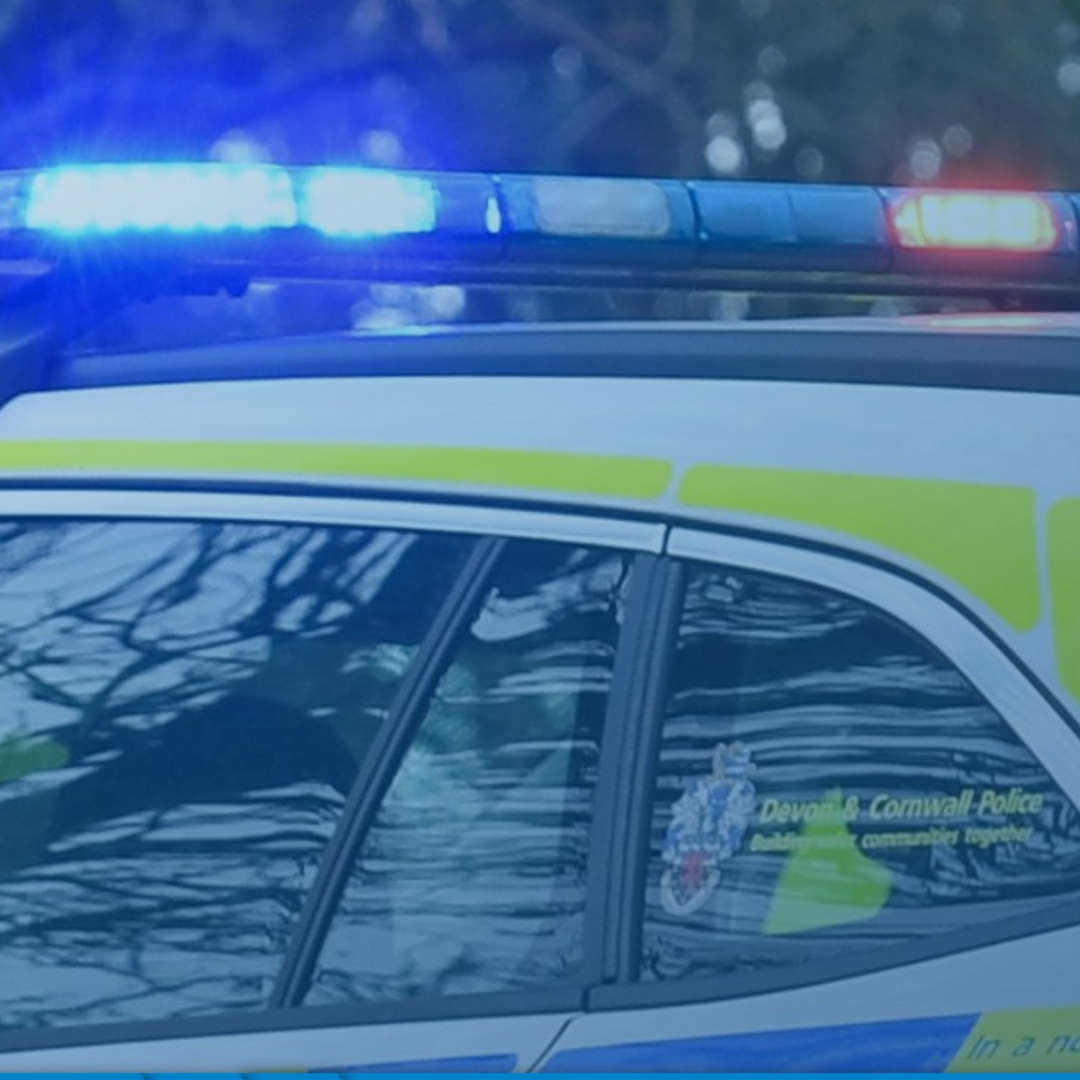 Police arrest 65 people in domestic abuse crackdown
Police arrest 65 people in domestic abuse crackdown
 Newquay AFC secure historic promotion with 5-0 Victory in front of record crowd
Newquay AFC secure historic promotion with 5-0 Victory in front of record crowd
 Newquay AFC prepare for promotion clash at Mount Wise
Newquay AFC prepare for promotion clash at Mount Wise
 Firefighters tackle blaze at Newquay fish and chip shop
Firefighters tackle blaze at Newquay fish and chip shop
 Vandals cause major damage to railway station toilets
Vandals cause major damage to railway station toilets
 Newquay's main Post Office to be sold off
Newquay's main Post Office to be sold off
 Fish and Chip shop owners call for VAT reform after temporary closure
Fish and Chip shop owners call for VAT reform after temporary closure
 Work begins on new wildlife ‘Hogspital’ near Newquay
Work begins on new wildlife ‘Hogspital’ near Newquay
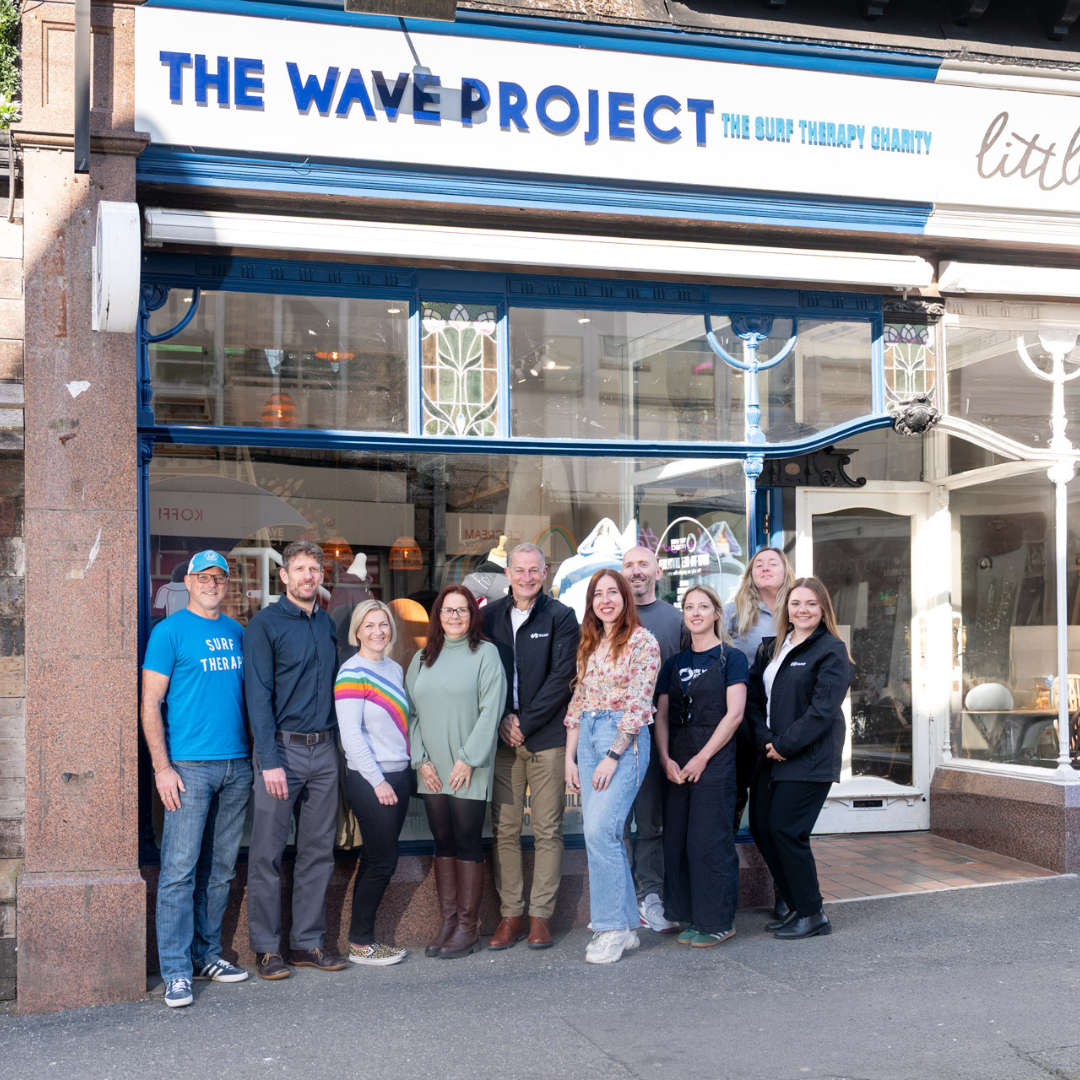 Boost for wetsuit recycling scheme as The Wave Project opens revamped shop
Boost for wetsuit recycling scheme as The Wave Project opens revamped shop
 Concert featuring young Newquay talent to support next generation of musicians
Concert featuring young Newquay talent to support next generation of musicians
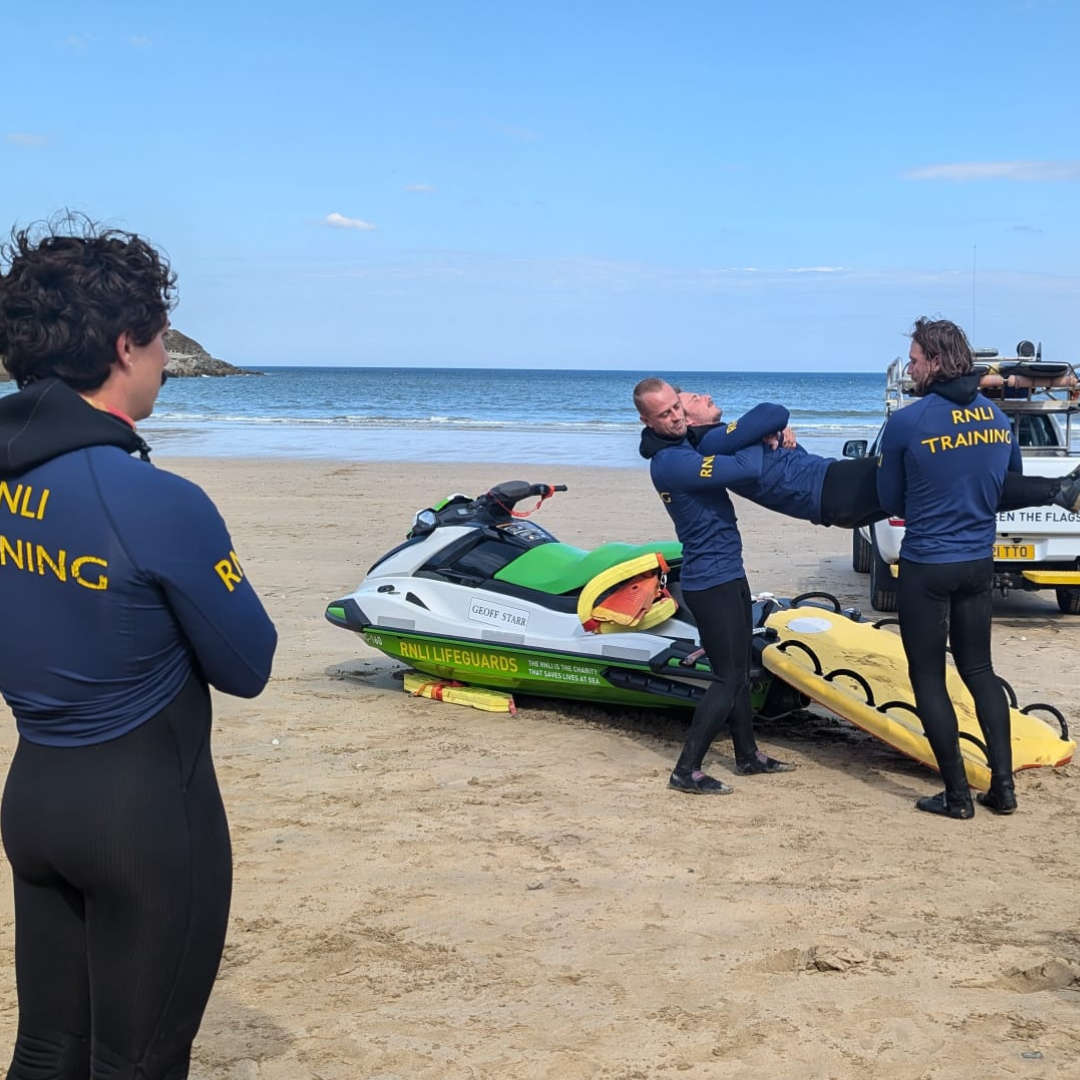 RNLI Lifeguards return to Newquay beaches for Easter
RNLI Lifeguards return to Newquay beaches for Easter
 Newquay hotel sold in off-market deal
Newquay hotel sold in off-market deal
 Fourth mural added to Newquay’s street art walking trail
Fourth mural added to Newquay’s street art walking trail
 LISTEN AGAIN: How Treviglas Academy turned its Ofsted rating from ‘Requires Improvement’ to ‘Good’
LISTEN AGAIN: How Treviglas Academy turned its Ofsted rating from ‘Requires Improvement’ to ‘Good’
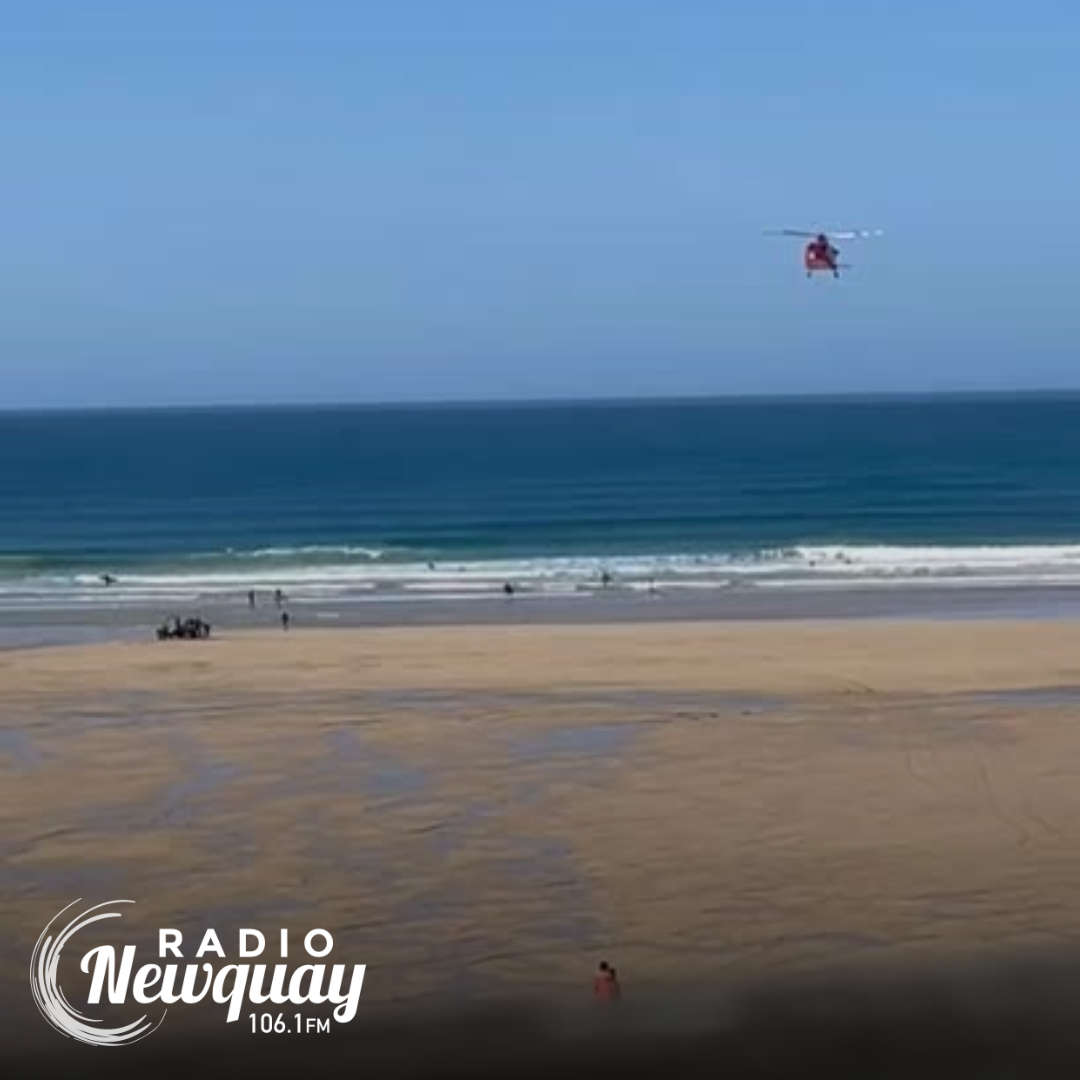 Casualty airlifted to hospital following rescue at Fistral
Casualty airlifted to hospital following rescue at Fistral
 Newquay children’s clothing project urgently seeks new premises
Newquay children’s clothing project urgently seeks new premises





